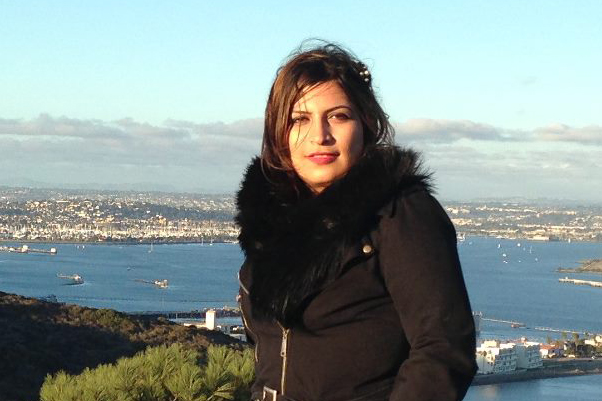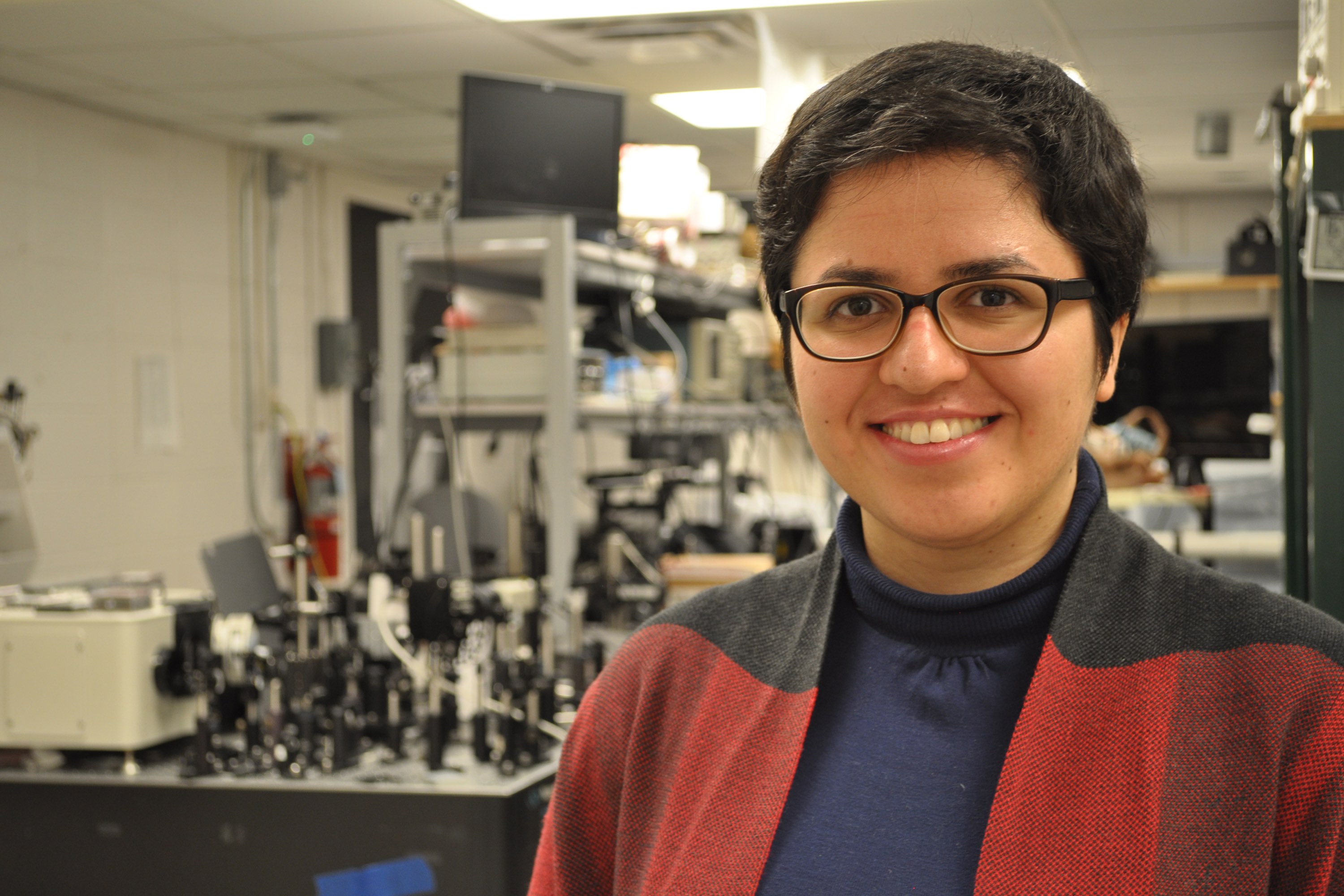View her research abstract here.
Two members of ECE will represent U-M at the 2019 Rising Stars in EECS Workshop
The intensive workshop brings together outstanding women who are graduate students or postdocs interested in pursuing academic careers in electrical engineering and computer science.
Najme Ebrahimi and Nooshin M. Estakhri have been selected to participate in the 2019 Rising Stars in EECS Workshop held at the University of Illinois at Urbana-Champaign from Oct. 30-Nov. 1, 2019. The workshop brings together outstanding women from all over the world who are graduate students or postdocs pursuing academic careers in electrical engineering and computer science.
This year’s workshop will offer a variety of professional development resources that will run in tandem with workshop sessions. With a focus on one-to-one mentoring, the Rising Stars Career Center will allow participants to personalize their workshop experience to best meet their professional and career needs.
The program was launched by MIT in 2012 with the goal of improving mentorship and providing resources for women navigating the early stages of careers in academia. This year boasts the largest class of participants with over 90 expected attendees.
“This kind of workshop is very helpful, because women can share their experiences and offer advice on how to deal with challenges,” Ebrahimi says. “For me, the most important thing is to encourage other women to pursue their dreams.”
To learn more about the 2019 U-M ECE participants, read below.
Najme Ebrahimi

 Enlarge
Enlarge
Najme Ebrahimi is a postdoctoral research fellow who works to develop the next generation of high data rate secure wireless communication needed for 5G and beyond.
Ebrahimi’s research during her PhD at University of California San Diego (UCSD) lead to new scalable array approaches for broadband and high data rate communication transceivers. In collaboration with Kamal Sarabandi, the Rufus S. Teesdale Professor of Engineering and Director of the Radiation Laboratory, she is embedding her scalable array system with a wideband and compact antenna-IC packaging that demonstrates a reliable and efficient communications at E-band that will be part of the backhaul of future wireless infrastructure.
In addition, Ebrahimi’s work with David Blaauw, the Kensall D. Wise Collegiate Professor of Electrical Engineering and Computer Science, concerns advancing the security of the IoT system to address their vulnerability to being attacked or compromised by advancement of future supercomputers. They are working on a distributed security scheme to prevent the passive (eavesdropping) or active (jamming and interference) attacks from untrusted sensor nodes. For this purpose, they designed and implemented a novel embedded architecture for distributed IoT network that utilizes a master-slave full duplex communication to exchange the random and continuous modulated phase shift as the secret key to be used in higher-layer encryptions.
Ebrahimi will present on her research at the workshop. See her research abstract here.
Nooshin M. Estakhri

 Enlarge
Enlarge
Nooshin M. Estakhri is a PhD student studying quantum optics and its potential to impact communication and biomedical imaging.
Estakhri conducts research in experimental and theoretical quantum optics, artificial materials’ design and analysis, and experimental optics of scattering through random media. She investigates quantum light-matter interactions in deterministic and random structures with potential biomedical applications as well as applications in designing key elements in quantum information science such as quantum gates. Quantum gates are fundamental elements in implementing circuit-based quantum computers and simulators
In addition, Estakhri works on generation of quantum entanglement and explores how quantum interactions and their effect (known as “quantum correlations”) would evolve if they were used in different platforms and for different purposes. She also explores the interactions of quantum light with artificial media, like metamaterials, which are man-made materials that alter electromagnetic waves in ways not found in nature.
Estakhri is advised by Theodore Norris, the Gérard A. Mourou Professor of Electrical Engineering and Computer Science and the Director of the Optics and Photonics Laboratory. She earned her undergraduate and master’s degrees from the University of Tehran, summa cum laude, where she worked on electro-optic THz detectors.
 MENU
MENU